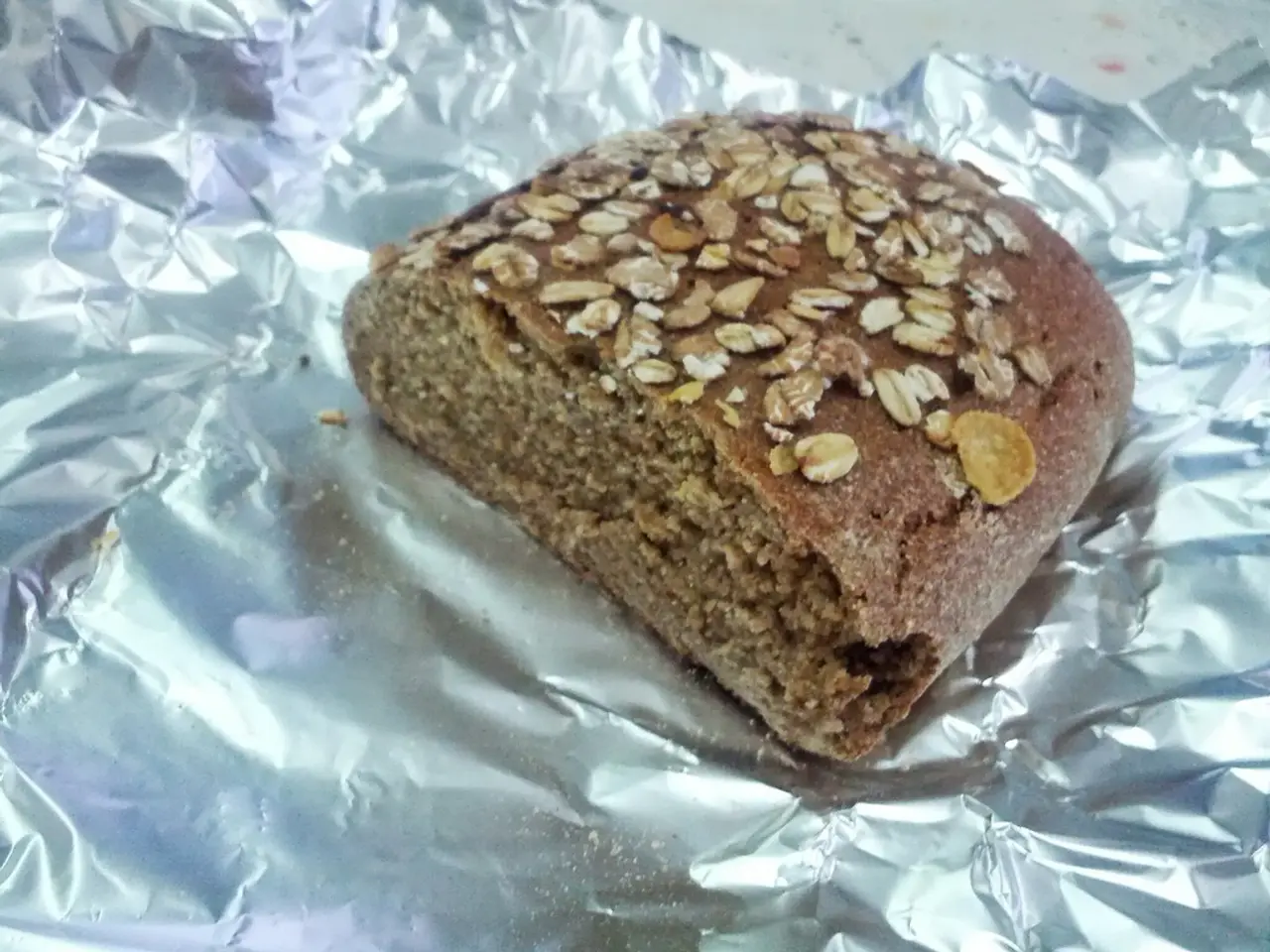"Ancient Greek Tale: Generosity Beyond Boundaries in 'The Odyssey'"
Here Comes the Stranger: Exploring Hospitality in the Age-Old Epic
By Erica Ciccarone
Ever wondered what it feels like to step inside a temple inspired by the ancient Greeks, nestled right in modern-day Nashville? The phrase "Athens of the South" isn't just a nickname, it's a living reality, as you stand before the grand Parthenon, a full-scale replica of the original, dating back centuries. This architectural marvel attracts over 300,000 visitors yearly, from schoolkids on field trips to travelers from across the globe. The stunning statue of Athena, towering 42 feet high, is a mesmerizing backdrop for those seeking a photo opportunity or a special moment.
The replica Parthenon is more than just a tourist attraction-it's a cultural symbol, steeped in a rich tradition of hospitality. That's why, when Nashville artist and educator Lisa Bachman Jones was invited to exhibit her watercolors in the museum gallery, she was inspired to shed new light on the spirit of hospitality in a unique way.
When Jones delved into Emily Wilson's newly published translation of The Odyssey–the first English translation by a woman–she discovered a narrative that didn't just revolve around a man's journey home but around a network of people. "Oh no, this is about a whole network of people," she mused. "It was all about the importance of hosting because you never knew who was the stranger coming at your door. It could be Zeus himself. And that was fascinating."
Jones coined a term for this exceptional hospitality–"radical hospitality." In her eyes, radical hospitality is the ultimate act of generosity, a kindness extended to even the uninvited guests.
Interestingly, when we dig deeper into the epic, we find that it's the women who often embody this spirit of hospitality, their weaving skills not only an artistic expression but a powerful means of deception as well. This theme is subtly woven into Jones's exhibition.
One of the most compelling pieces is titled "Beautiful, Dreadful," which depicts Circe's island of Aeaea, made from discarded mail and old paper. Accompanying it, a thick, wavy braid of yarn, hair, and wire forms the shape of a crescent moon– Circe's very own emblem of welcome.
In the end, Jones's interpretation of The Odyssey is a beautiful, harmonious symphony of encounters– gods, mortals, kings, and slaves– all working together to help the hero faced with countless challenges. Jones emphasizes that nobody achieves anything on their own, showcasing the interconnectedness of humanity at its finest.
So, the next time you find yourself questioning the impact you make, remember this: we may not always be the sovereign hero, but we certainly play a vital role in another's journey, offering our wisdom, kindness, and support, just like the myriad characters in The Odyssey. And in the grandest of schemes, it is these ripples that ultimately make the ocean.
The exhibition by Nashville artist Lisa Bachman Jones, showcasing watercolors inspired by Emily Wilson's translation of The Odyssey, beautifully illuminates the concept of home and garden, as it explores the importance of hospitality, especially in the form of well-tended relationships within a lifestyle terrain, reminiscent of Circe's healing island of Aeaea represented in one of the compelling pieces.




